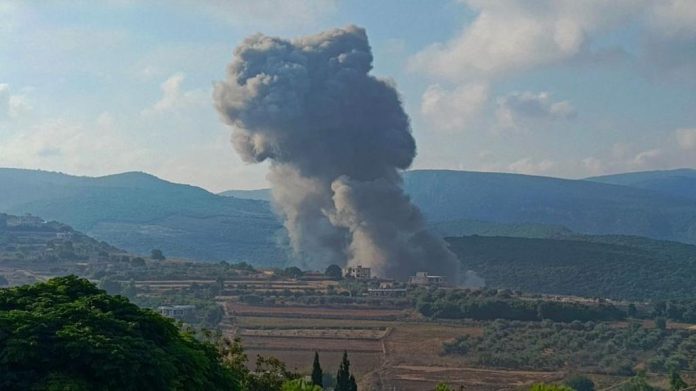Ziv Hospital in northern Israel is on high alert, halting non-essential surgeries and moving all patients, including newborns, to underground shelters. Staff are prepared for an increase in casualties if Israel sends more troops to southern Lebanon. The hospital, near the borders with Lebanon, Syria, and the Golan Heights, has been treating those injured in cross-border attacks for months.
The Israel Defense Forces (IDF) recently launched a ground operation against Hezbollah, though they initially claimed it would be limited. However, with forces from four divisions now engaged in southern Lebanon, experts like Daniel Sobelman from Hebrew University believe the conflict could escalate into a larger, long-term operation. Sobelman noted that Hezbollah’s infrastructure stretches far beyond the immediate border area, suggesting a prolonged campaign might be necessary to achieve Israel’s goals.
The 2006 Lebanon war, which ended in a stalemate, remains a stark memory for both sides. The current conflict has already been deadlier for Lebanon, with over 1,500 casualties since Israel intensified its campaign against Hezbollah in mid-September. Meanwhile, Israel has also faced casualties, including 14 IDF soldiers, as the fighting continues. Hezbollah has persisted in launching rocket attacks into Israel, despite the losses of its leadership, with some rockets breaching Israel’s defenses and causing civilian deaths.
The mountainous terrain in southern Lebanon presents significant challenges for Israeli troops, who are adjusting to combat in open areas after months of fighting in Gaza’s urban environment. As the conflict intensifies, both sides face difficult conditions, with fierce clashes and ongoing cross-border attacks raising concerns of a broader, more protracted war.




